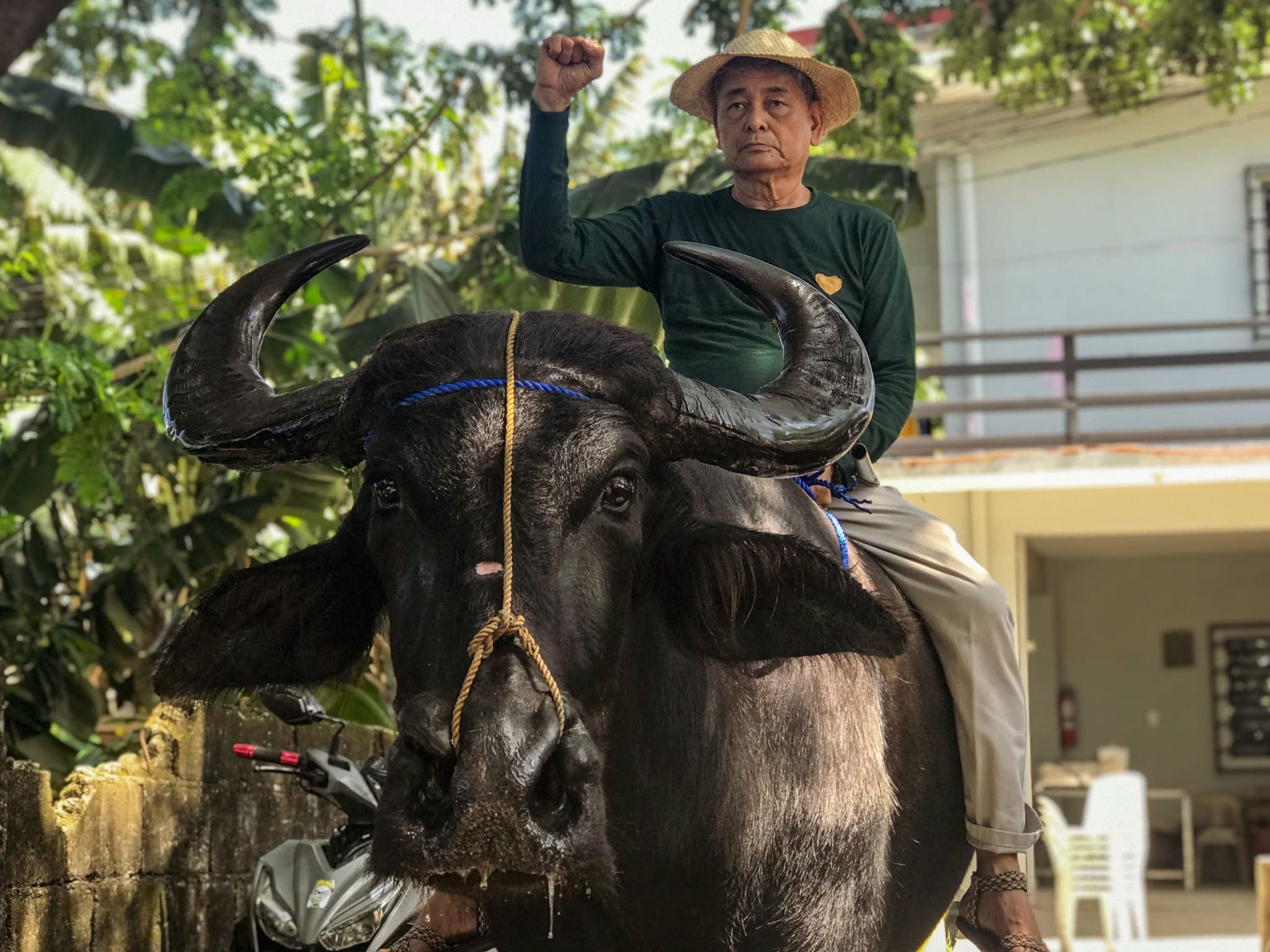
Kilusang Magbubukid ng Pilipinas Chairperson Danilo Ramos. Photo from Danilo Ramos/Facebook
MANILA, Philippines — The Kilusang Magbubukid ng Pilipinas (KMP) on Saturday urged the government to provide compensation to farmers after recent series of calamities that brought billions in peso worth of damages to the agriculture sector.
According to KMP Chairperson Danilo Ramos, many farmers are unable to recover from the frequent calamities affecting crop production.
Article continues after this advertisement“We demand immediate and significant compensation for these ongoing damages, as part of the government’s responsibility in addressing climate impacts on agriculture,” Ramos said in a statement.
FEATURED STORIES NEWSINFO Marcos declares Nov. 4 ‘Day of National Mourning’ NEWSINFO LPA seen outside PAR, chance of becoming a typhoon is low NEWSINFO DOJ urged to issue lookout bulletin vs OVP officialsREAD: Marcos tells agrarian reform beneficiaries: Enrich our lands
Ramos also stressed that farmers are the country’s “primary food producers” yet they continue to reel from the impacts of climate change.
Article continues after this advertisement“Farmers and fishers are the most vulnerable to these disasters, yet we are neither the primary contributors to climate change nor the beneficiaries of policies and projects that destroy the environment,” Ramos added.
Article continues after this advertisementThe Department of Agriculture (DA) said on Thursday that Kristine caused a P4.85 billion damage in agriculture. Damage in rice crops amounted to 85 percent or P4.12 billion.
Article continues after this advertisementREAD: DA: Farm losses due to Kristine nears P5B; but still enough rice
The group also noted that genuine agrarian reform is needed to address climate change issues in the agricultural sector.
Article continues after this advertisement“A resilient agricultural sector is essential for food security in the face of climate change, but this can only be achieved if farmers are genuinely empowered and supported,” Ramos stated.
Further, the KMP also called on the government to be “transparent” in utilizing disaster emergency funds, adding “as well as a shift towards policies that prioritize the welfare of farmers and rural communities.”
Subscribe to our daily newsletter

